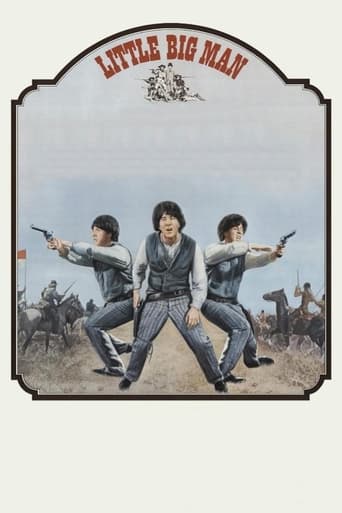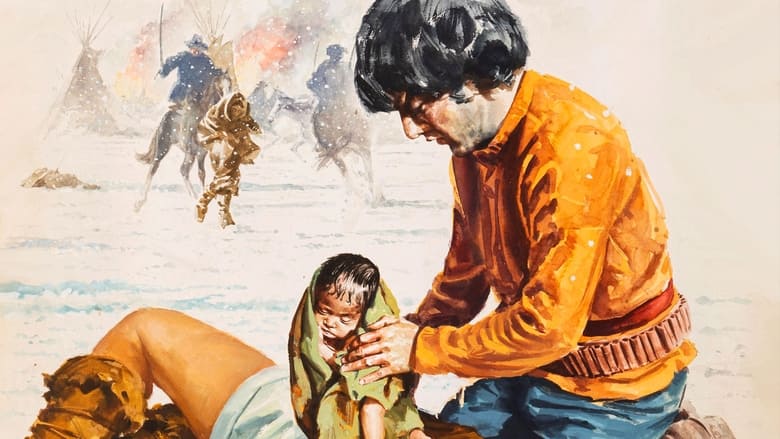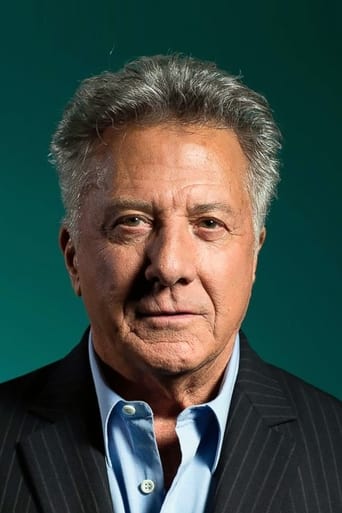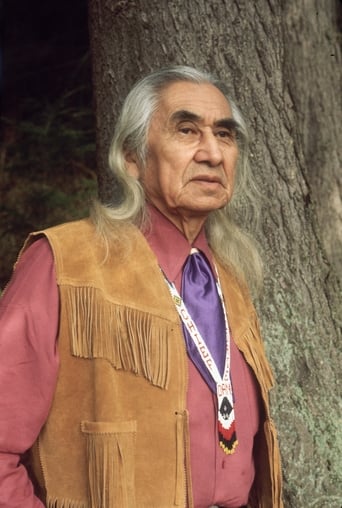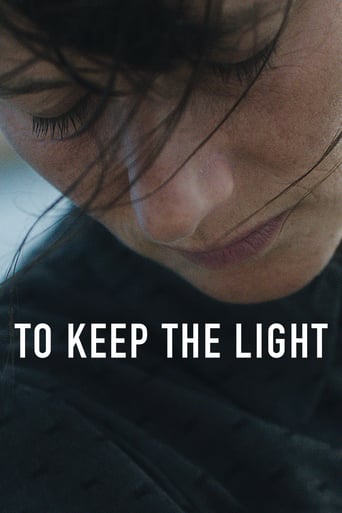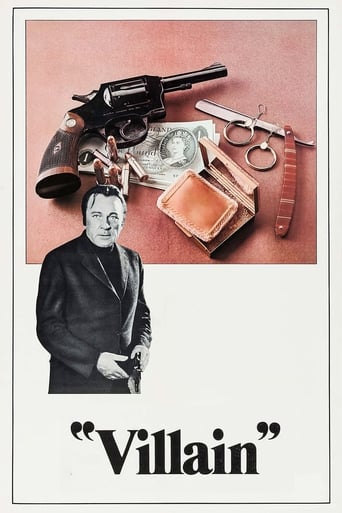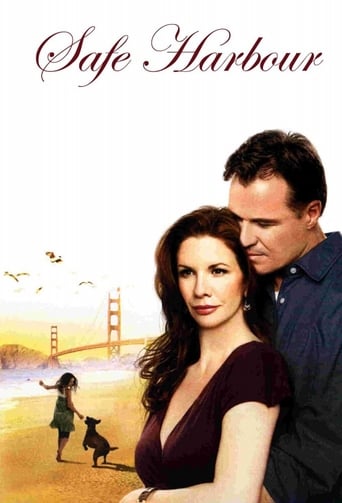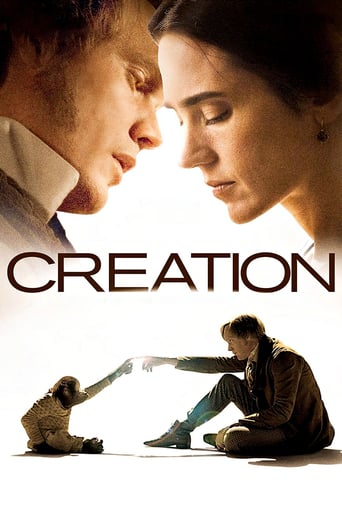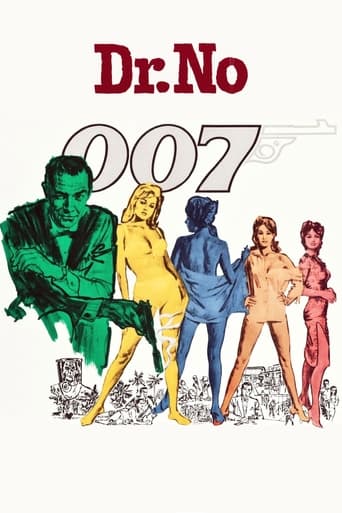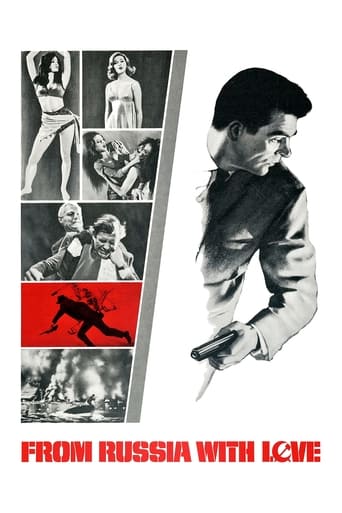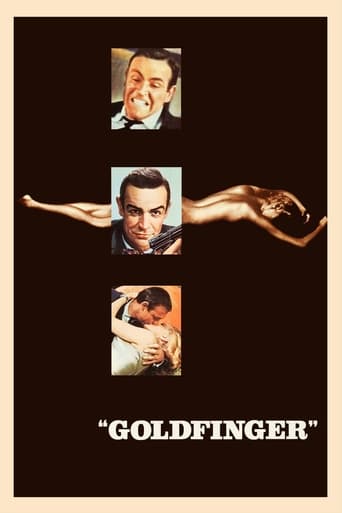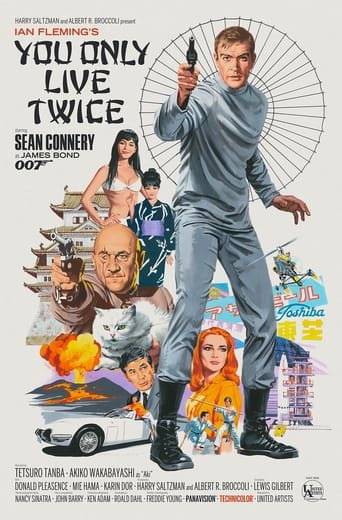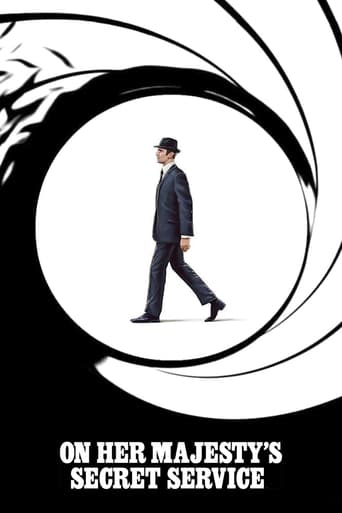Little Big Man (1970)
Jack Crabb, looking back from extreme old age, tells of his life being raised by Indians and fighting with General Custer.
Watch Trailer
Cast


Similar titles
Reviews
Dustin Hoffman with Little Big Man joined the ranks of such players as Jeanette MacDonald, Susan Hayward, Agnes Moorehead, Barbara Stanwyck and Edward Judd. What he had in common with them is that he played a man greatly aged with make up reminiscing about his youth which was quite a colorful one. Later on Cicely Tyson and Emilio Estevez joined this select bunch.Poor Hoffman just can't find himself a niche in the world of the west either with white men or with Indians. He finds himself in the Dakota Territory of the 1870s and makes the acquaintance of such people as Wild Bill Hickok and George Armstrong Custer, a couple of old west legends who met famous premature deaths in the same year of 1876. And of course some lesser people in mostly low places.Hoffman gets some great support from people like Martin Balsam as a medicine show conman whom he spends some time with and Faye Dunaway as the widow woman who takes the orphan Hoffman in and explains and demonstrates the facts of life. Jeff Corey plays Wild Bill Hickok who explains to Hoffman he really doesn't have the right stuff to be a gunfighter.Best of all is Richard Mulligan as the controversial General George Armstrong Custer whose ambitions for military glory led to the massacre at Little Big Horn. Mulligan is ambitious and will not take good advice. Watching Little Big Man in the scenes with Mulligan it was like looking at Donald Trump campaigning for president. Just like The Donald, Mulligan will not listen to anyone other than himself. In fact you mostly have to use reverse psychology to get Mulligan to do things your way. Hoffman may be a misfit, not unlike his character in The Graduate, but he learns to play Mulligan like a piccolo.Little Big Man is a different and entertaining look at the old west and Hoffman is superb. But the one to really watch in this is Richard Mulligan. He steals the film in whatever scene he's in.
I am working my recent Ohio State B.A. in American History Degree into this movie: "Battle of Greasy Grass" is the Native American name for the Battle of Little Big Horn. It is now 2015. I never watched this movie before.I majored in History at OSU because I love history of movies, theatre, actors and actresses. In my History Degree, I have further studied their lives against historical events such as wars, depressions, etc. At Ohio State, I have studied Native American History, Civil War History, Western History, etc. Custer was a miscalculating, inept army officer busted down from General to Lieutenant Colonel. As is shown by Errol Flynn in They Died With their Boots On, Custer was a flamboyant God's Gift to Women. The Plains Indians (Cheyenne, Pawnee, etc.) were a unit I studied, including Custer's Little Big Horn.Custer and U.S. Grant were both West Point graduates; Custer was last in his class. Was he that stupid? In this film, he wears a bright red scarf and yellow suit in the final battle, saying to the Native Americans, "Here I am. Come and get me." At any rate, Grant was president, and jealous Custer wasn't. Grant died from throat cancer, but Custer was cut down on the battlefield.U.S. Grant: I wrote a biographical paper on him. He was no more alcoholic than other 19th century men, who drank more alcohol because it was purer than drinking water. His childhood hobby was raising horses. As a West Point cadet, he met his wife, Julia Dent Grant, his roommate's sister. He became a Civil War general and later U.S. President. When Grant was terminally ill with throat cancer, he wrote his autobiography to give Julia an income after his demise. Mark Twain had it published posthumously, giving Julia a substantial royalty check.American West: After the Civil War, army generals were posted to the western frontier. Custer had even fought at Gettysburg. It was thought that God wanted Americans to expand west to the Pacific Ocean.So here comes naïve young man Jack Crabb (fictional) into this melee of Cheyenne, Pawnee, settlers, army adventurers, gamblers, gunslingers, snakeoil salesmen, prostitutes. Jack is a sly dog. Did he really have five wives, four at once? Jack meets new Mrs. Robinson: Faye Dunaway. A gay Native American man wants to be Jack's Wife Number Six.This is a very funny movie, powerful and philosophical. History courses are now taught from Native American point of view. Little Big Horn was disastrous for the army, with Custer's reputation suffering.Historical fact: At Little Big Horn, many tribes gathered for their ginormous annual Sun Dance religious ceremony. They were still warriors. They knew Custer was coming. Custer figured they would be a small number, and he would slaughter them all. Thousands of Natives were at the Sun Dance, and they cleaned Custer's clock. They were very organized and calculating. Custer did not live to savor any victory.
I saw "Little Big Man" when I was eleven, and oh, how I loved it. I was outraged at the treatment of the American Indians and full of contempt for the US cavalry.Only when my enthusiasm for the film – which I saw numerous times – induced me to study the historical facts of the matter did I realize that this film (along with "Soldier Blue" from about the same time) was actually about the My Lai massacre in the Vietnam war and had very little to do with the 19th century Indians of the Great Plains. The Cheyenne Indians in "Little Big Man" as portrayed by Arthur Penn are kind and peace-loving believers in co-existence, and they wouldn't be out of place on Haight-Ashbury in the 1960s San Fransisco. We are even led to believe that warfare, to the Indians, consisted only of slapping the enemy with a stick (counting coup) and otherwise leaving the foe unscathed. On the other hand, the film offers no excuse for any of the white people we encounter. Main character Jack's foster father, the Reverend Pendrake, is a religious fanatic, his wife is nymphomaniac (and later turns up in a whorehouse), Jack's sister Caroline is equally sex-starved, his wife is a harpy, and to top it, Jack encounters con men, deranged generals (Custer) and what not. Caucasian culture is depraved and cowardly and murderous, as opposed to the Indians. "Little Big Man" beautifully depicts the hippie-happy dream of life among the Prairie Indians. For historical facts, such as the thousands of years of warfare among warring tribes on the plains, mutual atrocities and genocide among the natives, we have to look elsewhere. "Little Big Man" just leaves us to curse Columbus, and contemplate the great place America could have been without the white man.
I've probably seen this at least 6 times since it came out some 40 years ago, so obviously I enjoy it. But LBM is all over the map, sometimes it's satire, sometimes tragic, has quite a bit of silliness and at other times is quite violent. I think it is way too long, at least .30 minutes could have been edited without affecting the story line as we follow Jack Crabb and his various lives as an Indian brave, religious zealot, gunfighter, town drunk, medicine show con man, hermit, cavalry scout, etc.The best part of this was Chief Dan George as the Cherokee chief. He is superb as he plays his character with the perfect blend of sly humor and enough seriousness that doesn't make him a cartoon caricature as most of the cast of LBM are portrayed.

